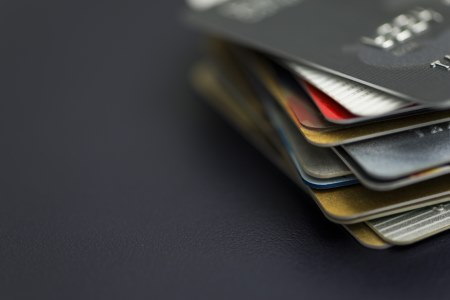
Mastercard is signing off on the removal of the signature panel on cards, as a recently launched program is looking to enable token services for online shopping by the year 2020.
According to Mastercard, the voluntary initiative for banks to eliminate the signature panel on the back of plastic cards comes on the heels of a recent client survey. The latter revealed that most consumers found the signature strip to be futile, arguing that they felt just as safe without it.
The survey, which was conducted among 1000 U.S. adults, showed that only 40% of participants signed the panel below the magnetic strip, with one-third of those who had not signed maintaining that they saw no point in doing so.
Results from the survey further revealed that over 50% of respondents believe that they felt equally secure with or without their signature on the plastic, whilst two-thirds of participants would feel safest if biometrics replaced the signatures, passcodes and PIN numbers which are currently being used for card payments.
Linda Kirkpatrick, executive vice president of US Merchants and Acceptance at Mastercard argues that: “With modern, advanced forms of authentication now available, removing the requirement for signature capture at the point of sale and now signature panels on Mastercard cards is an important step in support of our digital evolution.
“Issuers, merchants and cardholders will benefit from this change as faster, safer options improve satisfaction and increase sales.”
The initiative, which is set to be implemented by April 2019, has so far been welcomed positively by retailers and consumers alike.
Walmart senior vice president and assistant treasurer Mike Cook believes that, “signature has been an obsolete form of authentication for quite some time, and removing the signature panel from the cards will reinforce the need for all stakeholders to leverage truly effective authentication technologies to address fraud.”
As part of the initiative to phase out what Mastercard believes are now outdated modes of secure payment, the company is also endorsing new technologies ahead of the program launch in 2019. In collaboration with payment processors, banks and merchants, the card scheme will introduce the use of one-time tokens to eliminate the requirement of cardholder information.
The token services will be utilised to ensure transparency and security between the retailer and the client, by allowing consumers to store card information with merchants without undergoing any risk of credentials being exposed to third parties.
Mastercard is partnering up with Adyen, BlueSnap, Digital River, Stripe, Square, Worldpay and Mastercard Payment Gateway Services to issue tokens to thousands of suppliers. It is also working closely with financial services companies such as Citi and Fifth Third Bank to make the shift from existing cards on file to tokens. Bank of America is also collaborating with the card scheme in order to ensure enhanced fraud scoring, to help boost future approval rates.
The project also introduces new digital branding schemes designed to aid customers in recognising which cards they have paired with card on file merchants. The requirements will ensure that a consumer is able to monitor that they are paying with a Mastercard credential during transactions, be it an in-app payment, online, contactless, through voice-enabled devices or a QR application.
